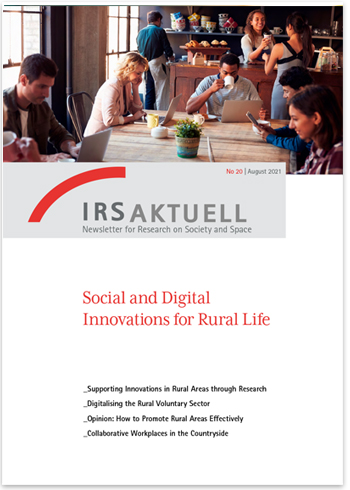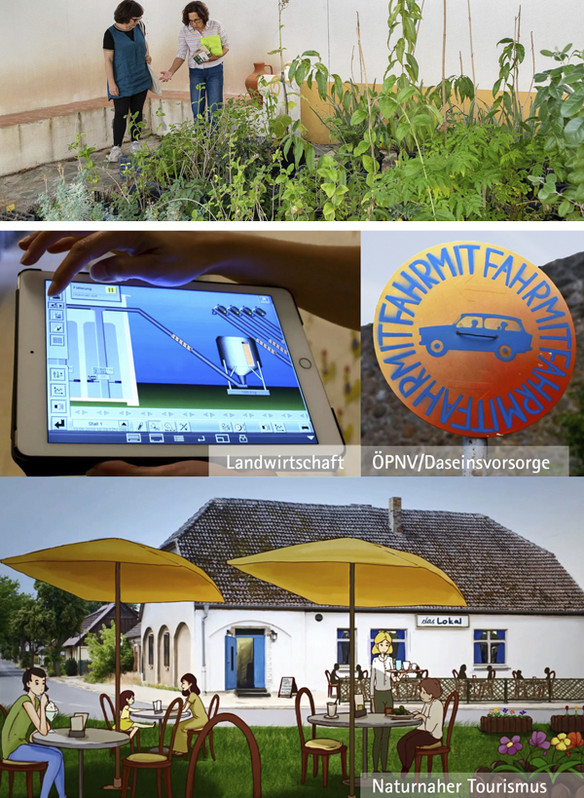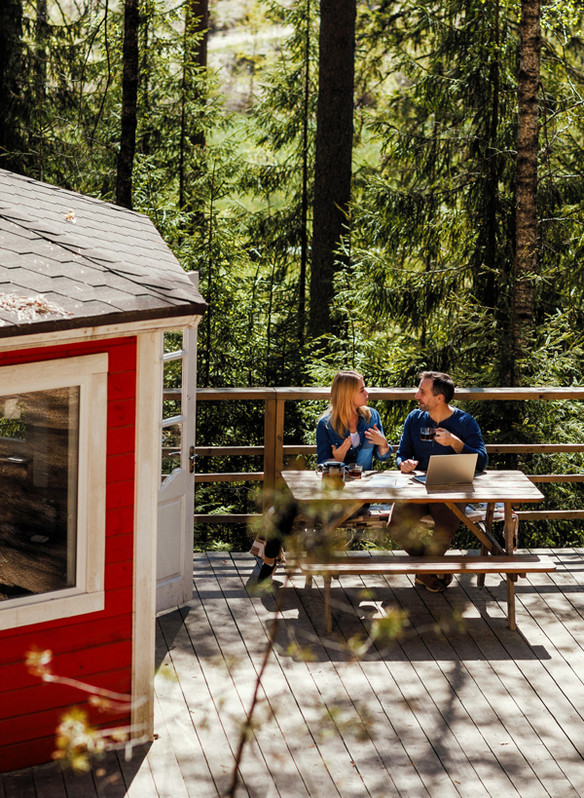Main Content
Social and Digital: Innovations for Rural Life
No 20 | August 2021

During the COVID 19 pandemic, it seems, the great escape to the countryside began. The media are full of stories about former city dwellers discovering rural life for themselves, escaping cramped living conditions and overcrowded subways to find happiness in village self-sufficiency, their own garden and perceived safety from infection. Never have we had to answer more press enquiries on the subject of urban flight than in the last year and a half. The sudden attention reflects a real trend, which, however, was already clearly apparent before Corona and which is more multi-faceted than often portrayed.
Yes, the time when rural areas were written off wholesale is over. However, this image change has been underway for some time. Small rural towns are becoming increasingly attractive. Newcomers and old residents are revitalising villages, sometimes even in structurally weak regions far from the urban centres. Another megatrend is digitalisation. Online shopping and mobile working - now fuelled by the pandemic - have been threatening the "business model" of expensive city centres for some time. At the same time, where connectivity is sufficient, digitalisation supports new working arrangements in rural areas and new forms of social organisation in villages. In the penultimate issue of IRS aktuell (No. 94, "Digital Tools and Visual Media"), we reported on the "Smart Villagers" - the well networked and committed villagers who find socially innovative solutions to the problems of rural areas with digital means, from the village car to the digitally bookable community house. This issue is now dedicated to the question of how innovative, digitally supported solutions for rural areas can be promoted and implemented.





